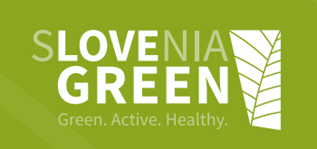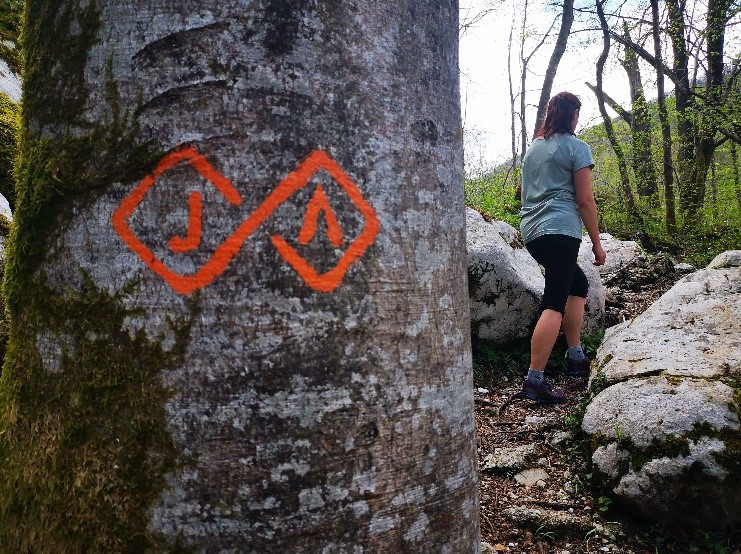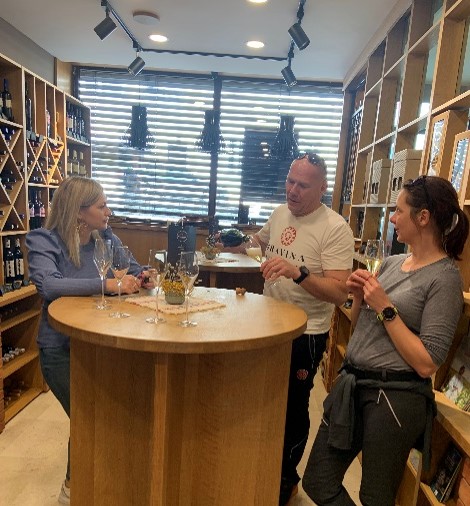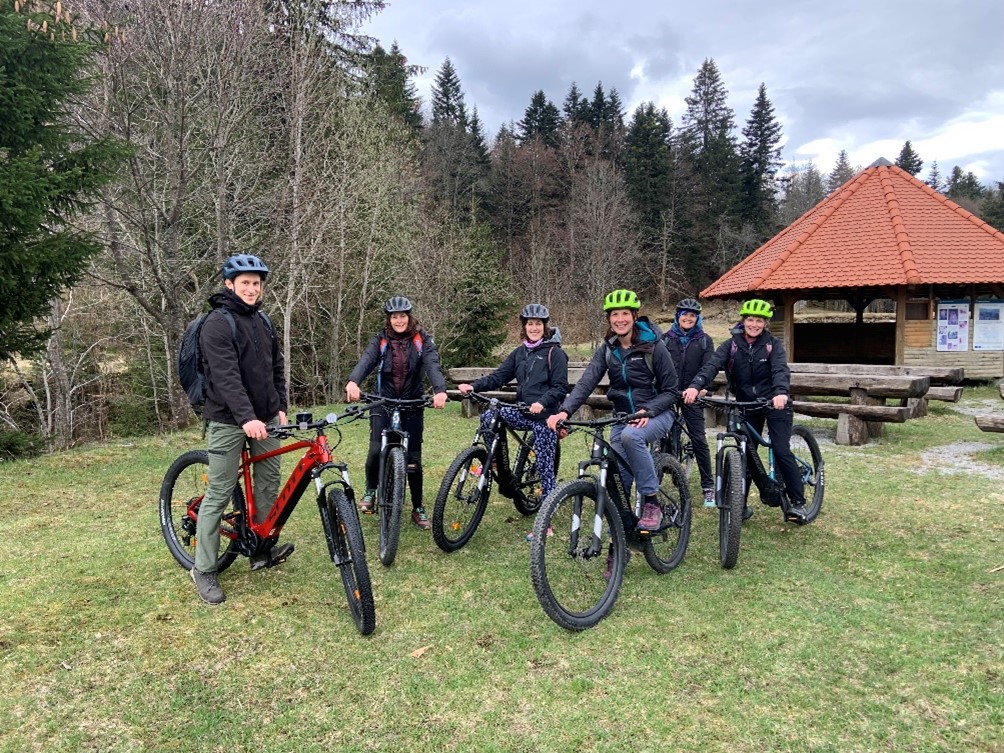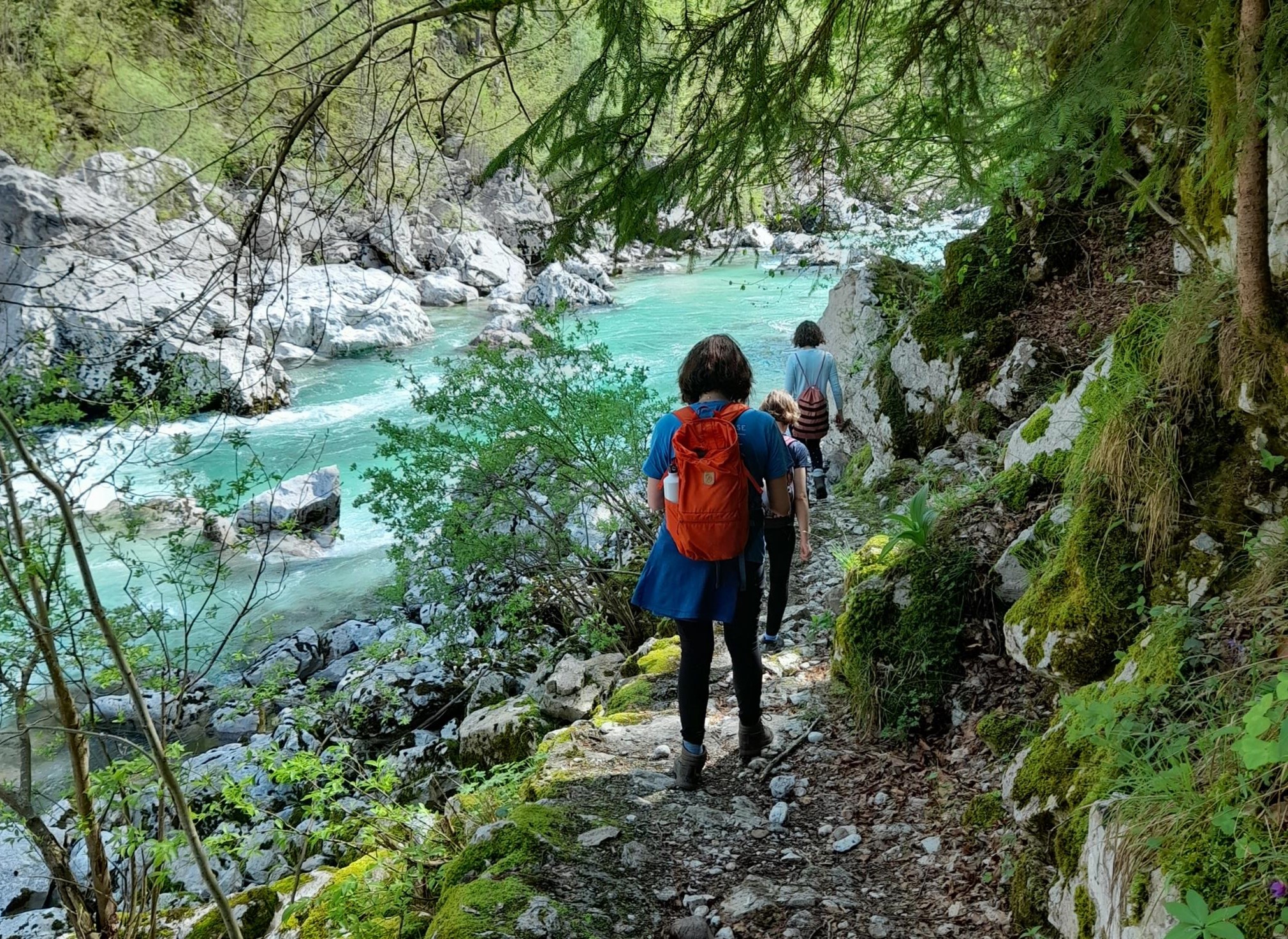
Sustainable tourism in Slovenia: a learning journey
9th May 2023Slovenia is recognised as a leader in sustainable tourism. In April, the Strategic Project’s team travelled to the central European country, famous for its mountains and lakes, to discover the secret of its success.
Our learning journey took us to three destinations, each at a different stage of sustainable tourism development: KoÄevsko, a former mining community and Slovenia Green Bronze Destination, is embracing sustainable tourism as a way to regenerate a post-industrial region; Bella Krajina, an activity tourism destination on the Kolpa River and Slovenia Green Silver Destination, is using sustainable tourism to drive socioeconomic development to improve the quality of life of its residents; and SoÄa Valley, an established alpine tourist destination is using the principles of sustainable tourism to address overcrowding.
Key learnings:
Sustainable tourism is about more than the environment
Sustainable tourism goes beyond green practices focused on resource efficiency, environmental protection, and energy conservation. Sustaining local communities through job creation and economic growth, and sustaining local heritage and culture are also key principles of equal importance. This philosophy is reflected in the Green Scheme of Slovenia Tourism, a holistic certification scheme developed by the Tourist Board for destinations and tourism businesses. The scheme is based on globally established sustainability criteria, but respects national characteristics and requirements as well. Extensive criteria fall within four categories: sustainable destination management; local economic benefits and social well-being; protection of cultural assets and heritage; and environmental impact.
Communities are at the heart of sustainable tourism
Mass tourism can be seen as an extractive industry, taking what it wants from local communities and their environment and giving little in return. In contrast, sustainable tourism aims to gives back more than it takes from local communities. It starts with the needs and wants of local people, rather than the visitor, and looks to add value to their lives and environment. An example of a sustainable tourism product aimed at delivering community benefit is the Juliana Trail in the Sona Valley. This 270km long distance trail was developed to disperse visitors away from honeypot locations to underdeveloped rural areas. The trail has had a huge impact on these rural communities since launch, with one village alone establishing 8 new businesses due to the new tourist trade.
Sustainable tourism is about quality not quantity
The impact of sustainable tourism can be summarised as more value for local residents; more value for local places; more value for the hosts; and more value for the visitor. Slovenia’s new National Tourism Strategy is focused on developing high quality tourism based on Slovenian nature and cultural identity. This focus on quality aims to generate higher value in the above areas with only a moderate increase in capacity and quantitative indicators.
One man’s ordinary is another man’s extraordinary
Within the Slovenia Green scheme, each destination has to find a unique and authentic local story behind its green product, to offer a distinct experience to its visitors. Regional tourism development teams work with local people to help them discover memorable, authentic local experiences, often taken from their everyday lives, that can be shared with visitors. For example, small family vineyards making wine for the table are commonplace in Bella Krajina. This unremarkable local activity has been developed into an experiential tour where visitors can visit a typical wine cottage, learn about winegrowing and discuss its place in Bella Krajina’s culture with the owner.
Sustainable tourism is an increasingly important issue for many of our clients. Slovenia provided a valuable learning experience and many comparators to Ireland. The Strategic Projects team is looking forward to integrating our insights into projects across the island of Ireland.

